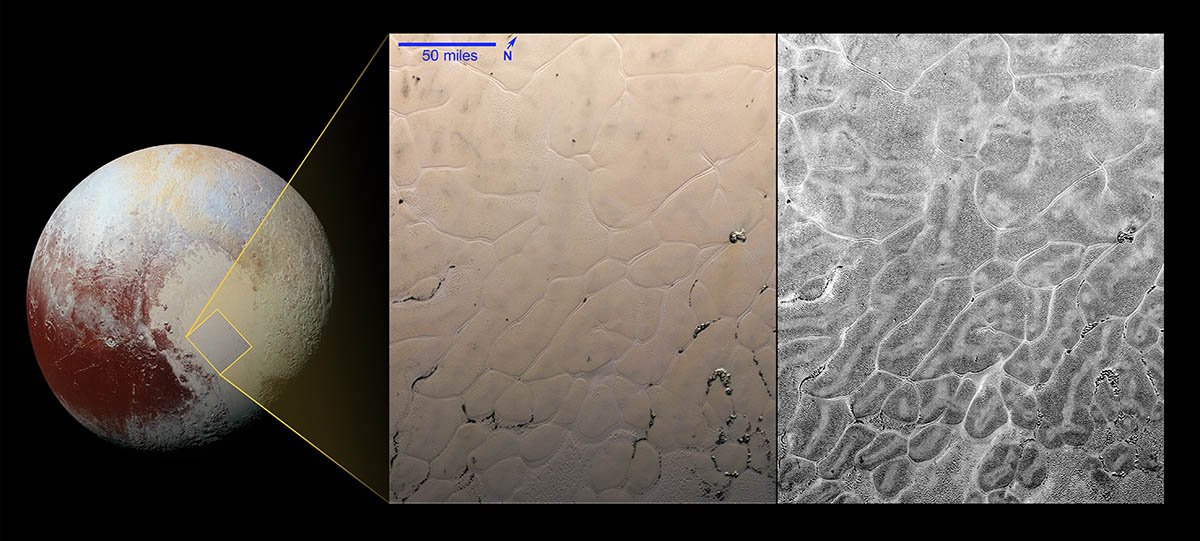Something to consider as you read about the big Venus news today: there is an unfortunate disconnect between what we do as scientists and how "science" is communicated to everyone.
A thread.
A thread.
First, full disclosure/disclaimer: I am a co-author on the paper that is in the Astrobiology journal that talks about a potential life cycle for potential Venus microbes. What I say here is my personal opinion and doesn't represent those of the other authors.
Whether it's astronomy, climate change, or COVID, science is often seen as the answer to our problems, a definitive truth that can guide our actions. While some scientific studies may, in the long run, be seen as providing the "right" solution, these are few and far between
The vast, VAST, majority of studies either disprove a previous study or extend our current understanding only slightly. From the outside, this may make science and scientists look untrustworthy, either due to incompetence or worse, malice
But therein lies the disconnect: despite what many think, science doesn't provide THE answers - it never has - it provides *an* answer, and a temporary one at that, that may be falsified later. There is inherent uncertainty and skepticism.
The only reason why it seems like science provides THE answer is that some of those temporary answers have been very hard to falsify, even after centuries, so that they become an everyday phenomenon and an accepted part of general knowledge, i.e. "truth"
But when we come to the very edge of our understanding, as is the case of new discoveries in astronomy, the sensitivity of the climate, and new viruses, the true scientific process is revealed: a messy molasses of competing ideas, studies, and arguments.
These are not failures of science/scientists, nor do they reveal some flaw in science - this is what science actually is. These discussions will lead to new studies that will in turn generate more discussions and possible falsifications, ultimately taking us closer to the truth
There's an important subtlety here that requires mentioning: Even though there are disagreements, all of them are happening within the confines of the observations and previously established ideas that have yet to be falsified
We may not all have the same idea regarding why PH3 exists in Venus's atmosphere, but we all agree that Venus exists and that it has an atmosphere of mostly CO2. In other words, scientists disagreeing on some details of a topic is not an excuse to throw out all of science.
It's also why some ideas are more acceptable in a scientific setting than others - does the idea fit previously established hypotheses; if not is there a testable way to differentiate between the two (or more) ideas so that we can continue forward with the "right" one?
Does the idea fit the observations? If not then it's in trouble unless there's a logical explanation for why the observations are somehow not applicable to this idea.
To summarize, active fields of science are inherently uncertain and there is a continuum between the details that scientists disagree on and the wider picture that is well-established. Unfortunately, this is exactly the opposite of how science has been depicted
The uncertainty and caveats of science are rarely shown, eclipsed by the fantastical and made much more definite. I mean I get it: "we might have found something but here are all the reasons it's something more mundane" doesn't sell
But endless such depictions of science have done real harm to how society sees and how much we trust science and scientists, with COVID a prime example of the deadly consequences (though there are other idiotic reasons for that too...)
When we focus on the definite, uncertainty and falsification leads to distrust. When we focus on the fantastical, the more mundane truth could be ignored. This damages the scientific process, how science is viewed in society, and scientists themselves
Sure, the way science works is diametrically opposed to what we want in life: certainty and simplicity (or maybe that's just me), so it won't be easy to accept science for what it is, but we must try if we want to move forward on the many issues plaguing society today
That said, the scientists behind today's discovery have done a lot of hard work trying to disprove themselves and that's great. Now the study is out and the real work on figuring out just what is happening on Venus can begin.
The news is not that there may be life on Venus, but rather that this new discovery will spur further research on our hellish sister planet, its atmosphere, its surface, its formation, its evolution, and yes, its potential habitability. It's an exciting time!
(end)
(end)
• • •
Missing some Tweet in this thread? You can try to
force a refresh






